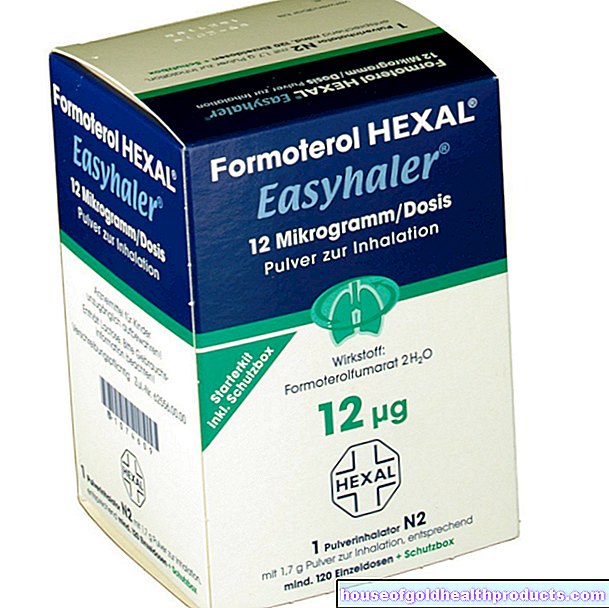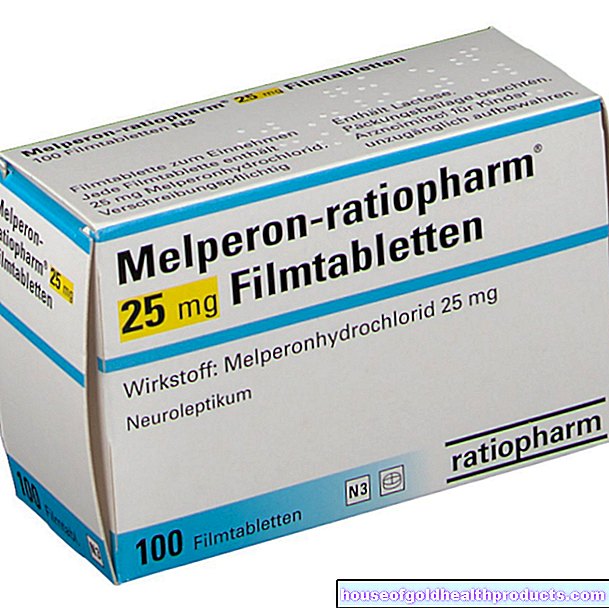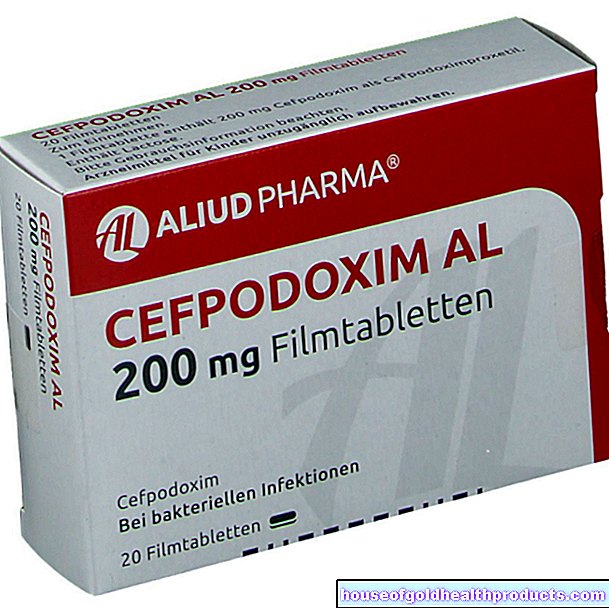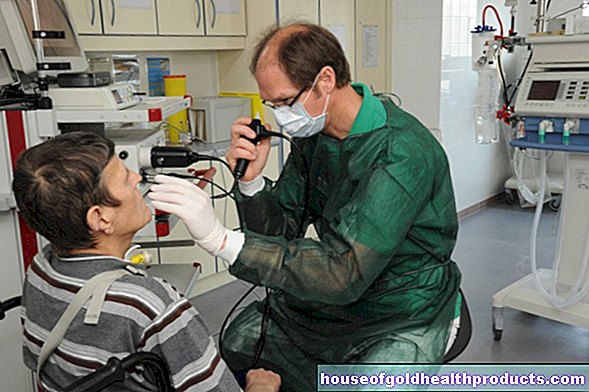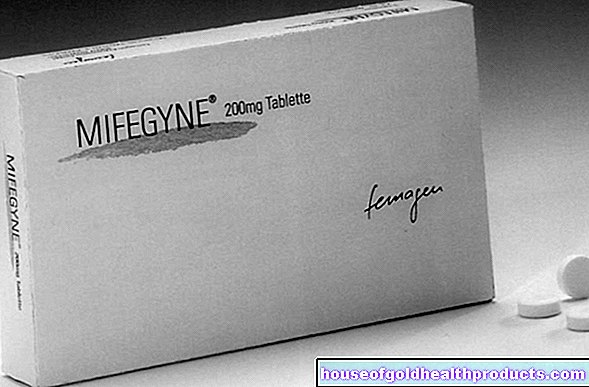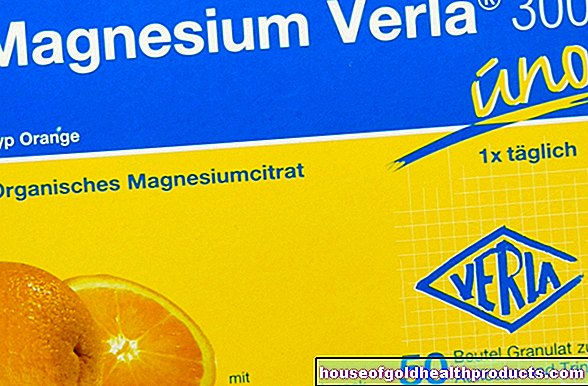Not all drugs are suitable for seniors
Larissa Melville completed her traineeship in the editorial team of . After studying biology at Ludwig Maximilians University and the Technical University of Munich, she first got to know digital media online at Focus and then decided to learn medical journalism from scratch.
More about the experts All content is checked by medical journalists.Some drugs are unsuitable or even dangerous not only for children, but also for the elderly. Because in old age the metabolism slows down. As a result, some active ingredients can no longer be properly absorbed or broken down by the body. Falls, kidney damage, and stomach bleeding are some of the possible consequences. Nonetheless, doctors often prescribe inappropriate medication to seniors.
An analysis of the data of all those insured with Techniker Krankenkasse aged 65 and over comes to a worrying result: in 2012, almost one in five (19 percent) were prescribed medication that is unsuitable at this age or that can cause dangerous side effects or interactions Result of the Scientific Institute of the Techniker Krankenkasse for Benefit and Efficiency in Health Care (WINEG). And that, although there are often more compatible alternatives.In 2008, the proportion of seniors who had received inappropriate medication was even slightly higher at just under 22 percent.
List of critical drugs available
"Despite the slight downward trend, far too many critical drugs are still being prescribed," says Frank Verheyen, head of WINEG. The experts had hoped for a more pronounced decline in prescriptions after the so-called Priscus list was published in 2010. This list includes 83 active ingredients that are potentially unsuitable for older people - as well as alternative drugs.
"But the prescribing behavior of doctors has apparently not changed fundamentally because of the Priscus list," said Verheyen. A look at Denmark shows that there is another way: There only just under six percent of the elderly received critical drugs.
Many drug groups affected
The list of drugs on the Priscus list is long, encompassing 18 often-prescribed drug groups. These include pain relievers, anticoagulants and drugs for high blood pressure. Several antidepressants and sedatives are also listed. For example, the frequently prescribed antidepressant amitriptyline is unsuitable for the elderly. Taking it increases the risk of delirious syndrome with impaired consciousness and perception as well as hip fractures and thromboembolism. Instead, the authors recommend, for example, mirtazapine or a selective serotonin reuptake inhibitor (SSRI) such as citalopram - but not fluoxetine. Because this popularly prescribed SSRI is itself on the Priscus list: it can lead to low sodium levels in the blood of seniors.
To inform yourself
The Priscus list can be found at http://priscus.net/download/PRISCUS-Liste_PRISCUS-TP3_2011.pdf. If you receive a critical medication, please do not stop taking it on your own, but contact your doctor and discuss possible alternatives. "In individual cases, drugs from the Priscus list may also be necessary, for example in the case of intolerance to therapeutic alternatives," emphasize the study authors. In this respect, the prescription of potentially unsuitable drugs for elderly patients cannot be dispensed with in principle.
Sources:
Linder R. et al .: Doctors prescribing potentially inadequate drugs for the elderly - A potential analysis using the PRISCUS list based on routine TK data. German Medical Weekly
Holt S. et al .: Priscus List of Potentially Inappropriate Medications for the Elderly. Deutsches Ärzteblatt international
Press release of the Techniker Krankenkasse dated October 14, 2015
Tags: tcm skin skin care



